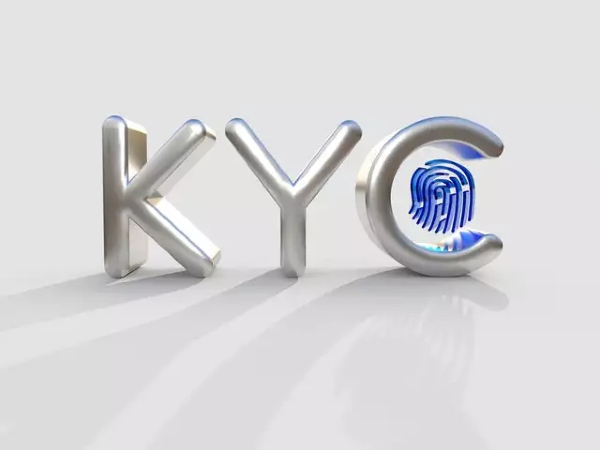How to Complete KYC and Documents For Investing in Mutual Funds
Individual mutual fund investors are no longer permitted to use bank statements and passbooks as valid proof of identification or proof of address when completing the Know Your Customer (KYC) process. KYC Registration Agencies (KRAs) have stated that beginning in January 2023, they will no longer accept bank statements and passbook copies from individual investors, including NRIs.
KRAs, on the other hand, stated that they continue to accept bank statements or passbook copies with at least two months of entries as valid KYC proof for non-individual investors and Hindu Undivided Family (HUF).
KRAs will also stop accepting Aadhaar copies in November 2022. They are requesting that investors submit eAadhaar, Aadhaar XML, or virtual ID (VID).

What is Aadhar-based E-KYC?
E-KYC based on Aadhaar is a digital method for investors to complete KYC. It eliminates the need for in-person verification and the requirement to visit any office. Investors can do this by going to the mutual fund website, its registrar website, or a third-party distributor website that allows mutual fund investments. The investor credentials are validated by sending a one-time password to the registered Aadhaar mobile number. Furthermore, the investor should have a device with a camera as well as permission to access the camera, location, and microphone. To complete this process, the investor must also upload a self-attested PAN copy and an image of his or her signature on plain paper. If the investor's registered UIDAI mobile number differs from the existing one, the investor must first update the mobile number with UIDAI.

What documents can be used?
Passports, voter IDs, driving licences, NREGA job cards, National Population Register letters, and proof of Aadhar card possession, among other documents, can still be used by investors to complete their KYC.

What exactly is mutual fund KYC?
Any mutual fund house or company that offers financial services must conduct a background check on its clients. This is done primarily to prevent money laundering, fraud, and criminal activity.

Use of KYC
A typical Account Opening Form (AOF) is divided into two sections. According to the Association of Mutual Funds of India, Part I contains the basic and uniform KYC details of the investor as prescribed by the Central KYC registry (Uniform KYC) to be used by all registered financial intermediaries, and Part II additional KYC information may be sought separately by the financial intermediary such as a mutual fund, stockbroker, or depository participant opening the investor's account (Additional KYC) (AMFI).

Is mutual fund KYC required?
The Mutual Fund KYC check process is mandated by the Prevention of Money Laundering Act (2002). The Reserve Bank of India issued the first KYC guidelines in 2002. This should be read in conjunction with the master circular issued by the Securities and Exchange Board of India (Sebi) on Anti-Money Laundering Standards, which reiterates the importance of the same.

How does it work online?
Investors who want to do it online can go to the fund's or the KRA's website and fill out the KYC form by creating an account. The form accepts self-attested copies of required documents.































